Iran rejects ‘unfounded’ nuclear allegations by UK, Israel, Saudi Arabia
An Iranian envoy to the United Nations has strongly rejected “unfounded” allegations made by representatives of the Israeli regime, Saudi Arabia, and the UK about the country’s peaceful nuclear program.
Iran’s Representative to the UN General Assembly First Committee Heidar Ali Balouji dismissed as “fake news” the accusations made against the country during the 77th session of the committee in New York on October 25.
“The dissemination of fake news and unfounded accusations against regional actors, including through the pursuit of widespread and systematic disinformation and Iranophobic campaigns, has long been a standard practice of the Israeli regime,” said the envoy.
The remarks came after an Israeli representative claimed “Iran was the biggest threat to the region and beyond,” accusing Iran of proliferating “arms of all kinds” and spreading “terror” without providing any evidence.
The Iranian diplomat said the Israeli attempts aim to “whitewash the destabilizing policies and criminal practices of that regime in such a volatile region as the Middle East,” referring to a list of Israeli brutalities in the region, including 15 wars in seven decades, aggression against all neighbors, and occupation of lands in Palestine, Syria, and Lebanon.
Balouji also pointed to the “destructive and destabilizing” practices of the regime in the area of armaments including “the massive accumulation of the most sophisticated conventional weapons, the development and stockpiling of nuclear weapons and other weapons of mass destruction as well as clandestine nuclear activities in unsafeguarded nuclear facilities.”
“The Israeli regime was the only entity in the region that refused to accede to the NPT or to the Biological and Chemical Weapons Conventions. Chemical weapons had been frequently and massively used in the region,” he stressed.
Iran envoy urges Riyadh to meet nuclear obligations
Elsewhere, the Iranian diplomat rejected the claim of Wajdi Hassan Moharram, a Saudi diplomat who had voiced concern over what he called Iran’s non-compliance with its nuclear undertakings.
“Iran is upholding its commitments,” Balouji said, calling on Riyadh to “meet the long-lasting request of the IAEA by adopting a CSA as the previous SQP is not enough to ensure a safeguarded nuclear program by Saudi Arabia.”
Saudi Arabia’s nuclear ambitions have prompted worries in the global community over the past few years, especially after Saudi Crown Prince Mohammed bin Salman hinted in 2018 that the kingdom may go for nukes.
According to reports, Saudi Arabia was building a facility for the extraction of yellowcake from uranium ore near the remote town of al-Ula back in August 2020.
“If there is any real concern about regional security, Saudi Arabia should start by considering the implications of its policies and actions for the region,” the Iranian diplomat said.
‘UK lacks moral ground about nuclear commitments’
Balouji also used the floor to denounce the allegations made by a British envoy who claimed Iran had taken “unprecedented steps to accelerate the pace of its nuclear program, producing enriched uranium, including highly enriched uranium, at an alarming pace.”
The Iranian diplomat said the UK has failed to live up to its commitments in relation to “nuclear disarmament under article VI of the NPT” as well as the 2015 nuclear deal and hence has no moral ground on raising the issue.
The UK is “in flagrant non-compliance not just by disobeying this responsibility, but also by strengthening its nuclear arsenal, participation in nuclear sharing, and signing together with the USA, the Aukus deal, all of which have seriously complicated its non-proliferation obligation,” said the diplomat.
The current crisis over Iran’s nuclear program was created in May 2018, when former US president Donald Trump pulled Washington out of the 2015 nuclear deal and imposed tough economic sanctions against the Islamic Republic under what he called the “maximum pressure” policy.
The talks to salvage the agreement kicked off in the Austrian capital of Vienna in April last year, months after Joe Biden succeeded Trump, with the intention of examining Washington’s seriousness in rejoining the deal and removing anti-Iran sanctions.
Iran has demanded that the United States provide assurances that it would not leave the JCPOA again before it could reenter the agreement. Washington has refused to give a legally enforceable guarantee, leaving Iranian negotiators suspicious of the Biden administration’s seriousness in the talks.
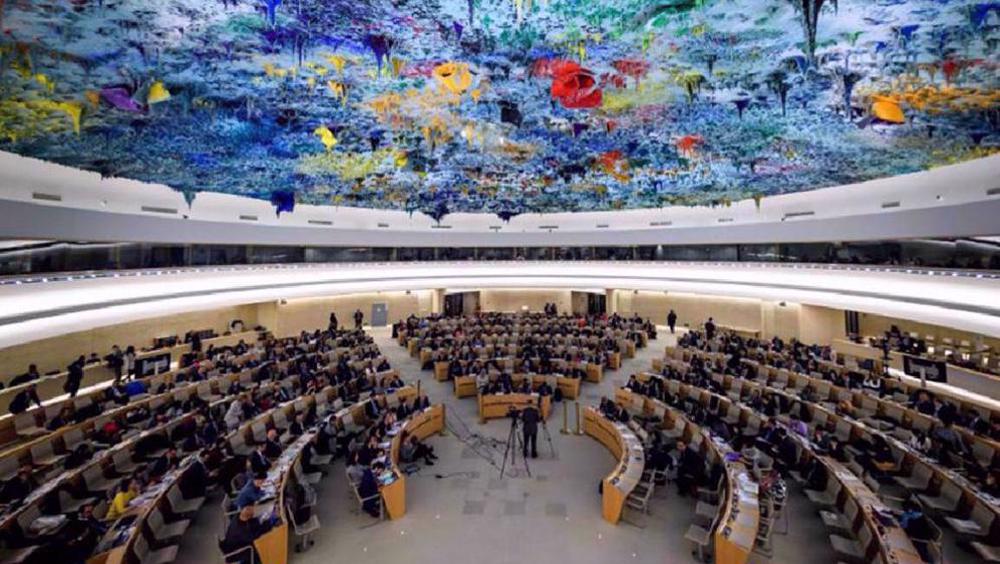
Iran slams West for exploiting UN Rights Council for political pressure
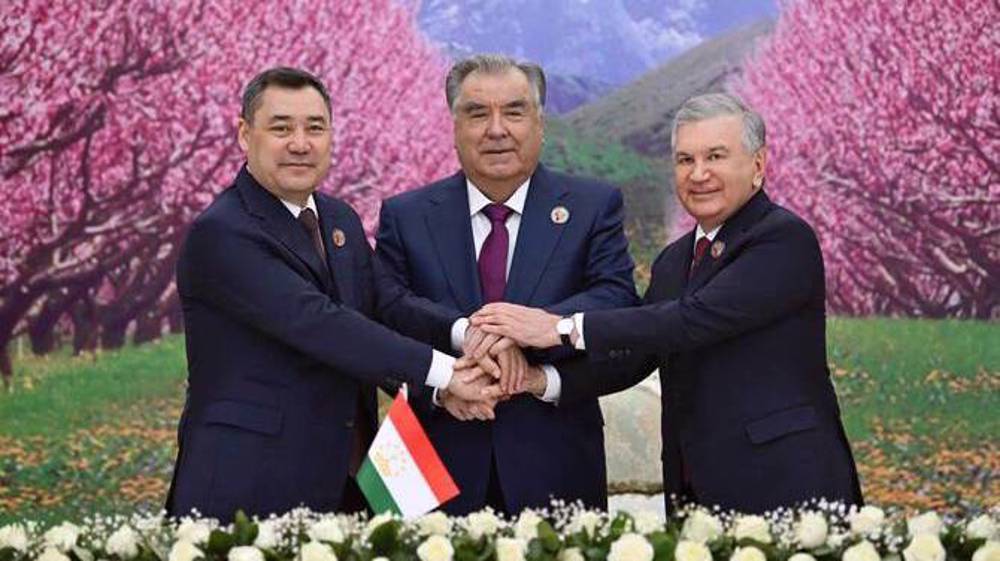
Iran hails Kyrgyzstan-Tajikistan-Uzbekistan border deal
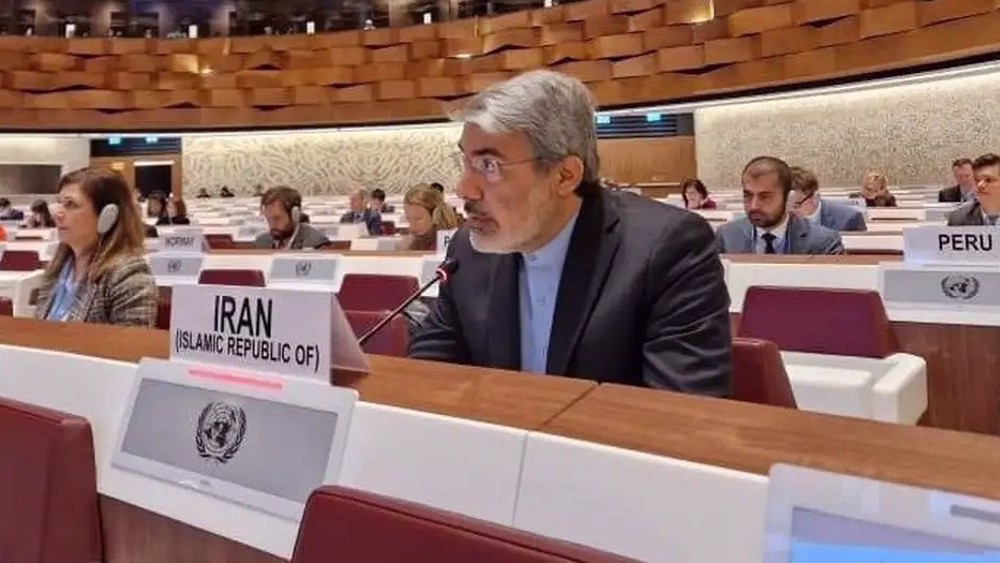
Envoy rejects UN body’s ‘false picture’ of rights situation in Iran
Yemen's army targets Tel Aviv, downs Giant Shark F360 drone in Sa’daa amid Israel’s genocide in Gaza
Islamic scholars issue fatwa urging Muslim nations to support Palestinian resistance
VIDEO | Trump trade war
Houthi: Intensified US aggression against Yemen failed
Israeli captives held in areas targeted for evacuation by the regime: Al-Qassam Brigades
VIDEO | President Yoon of South Korea impeached, dismissed
Trump tariffs led to a $2.5 trillion wipeout for the US stock markets
VIDEO | Press TV's news headlines


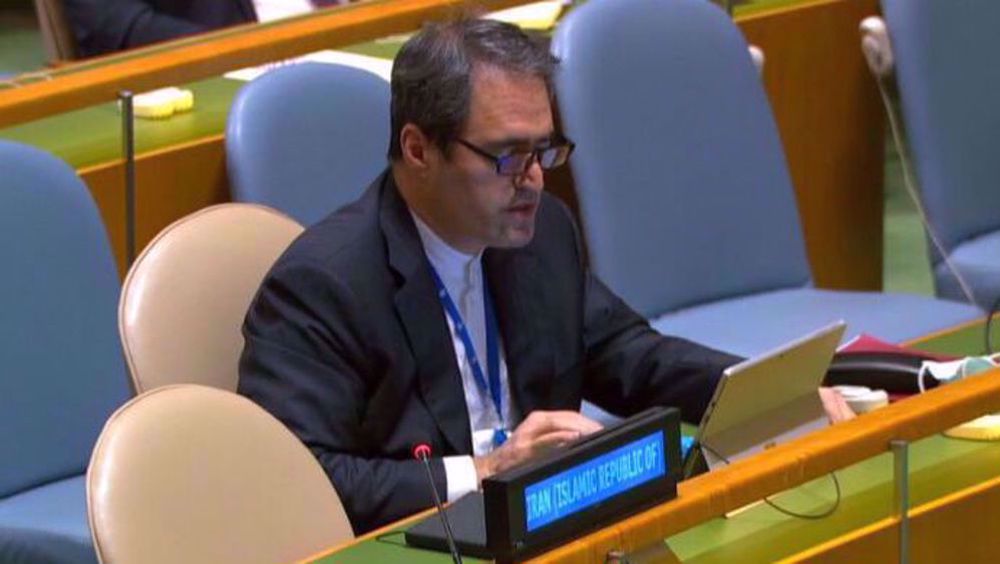
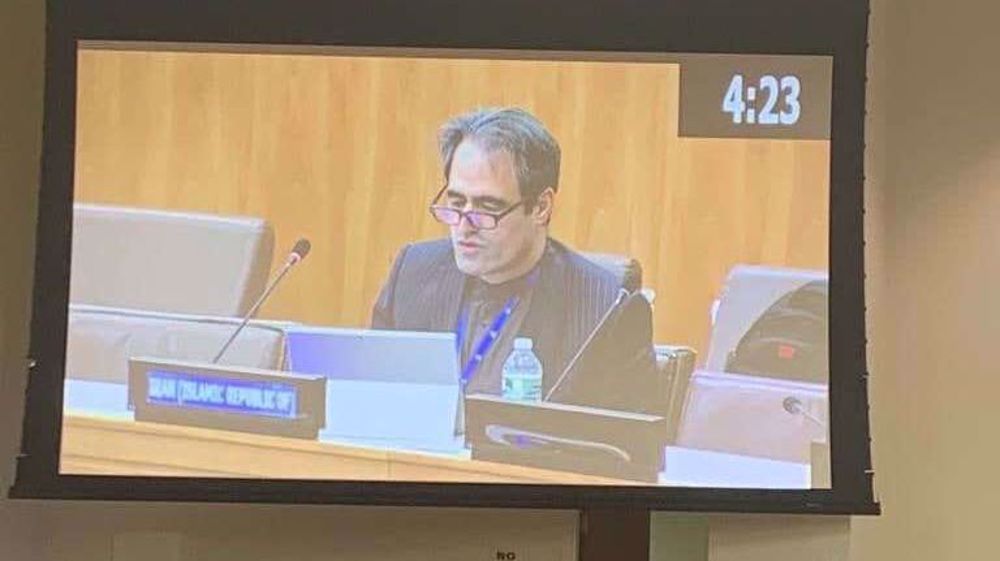
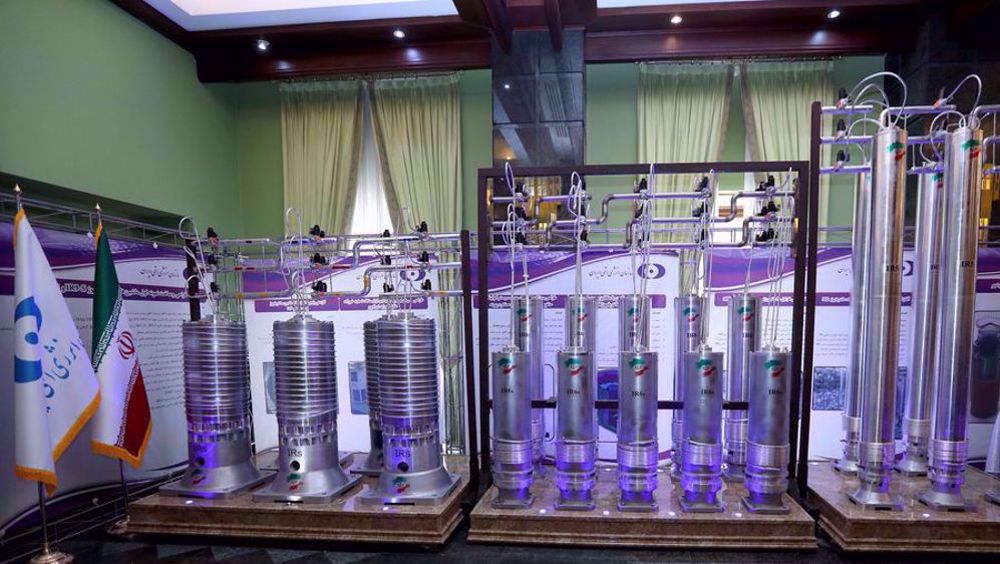
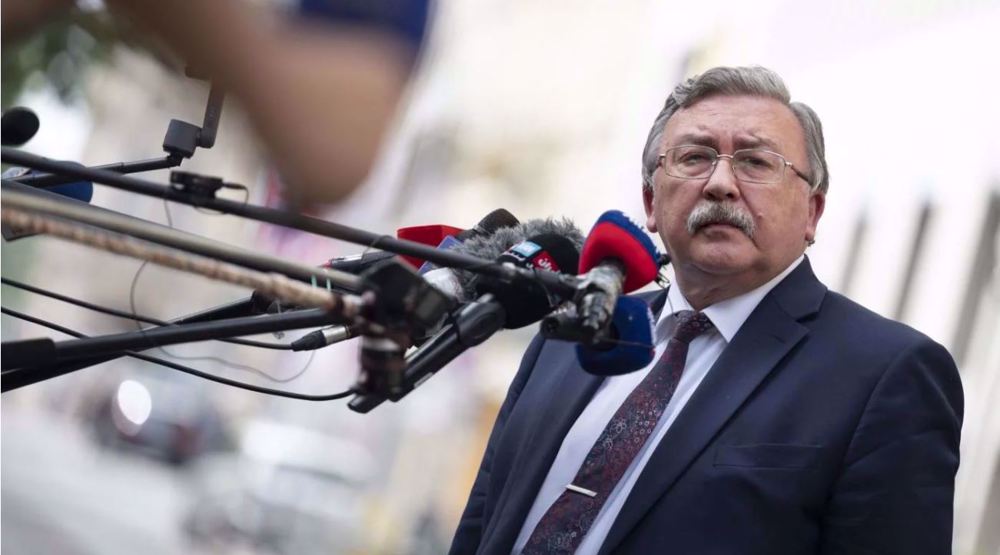



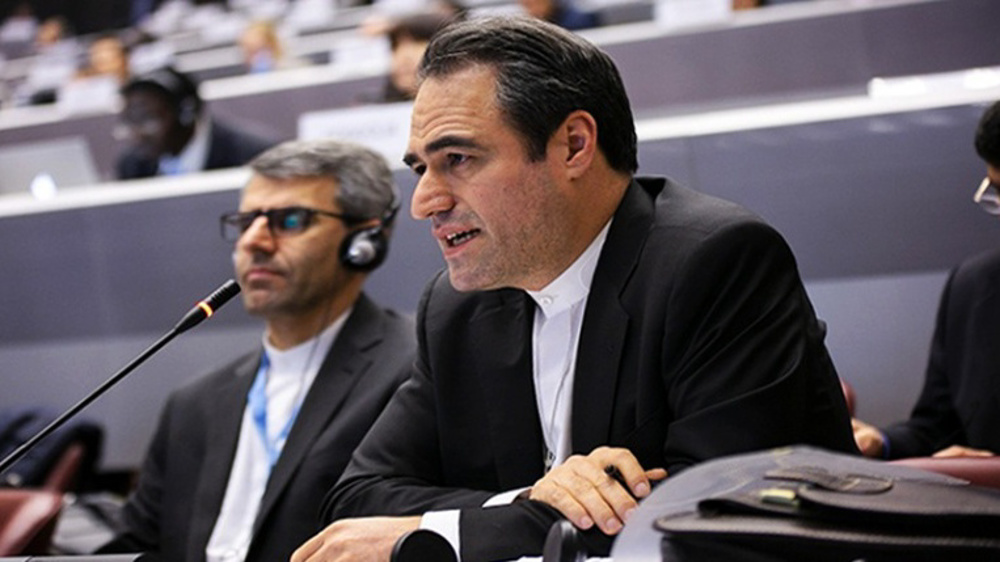
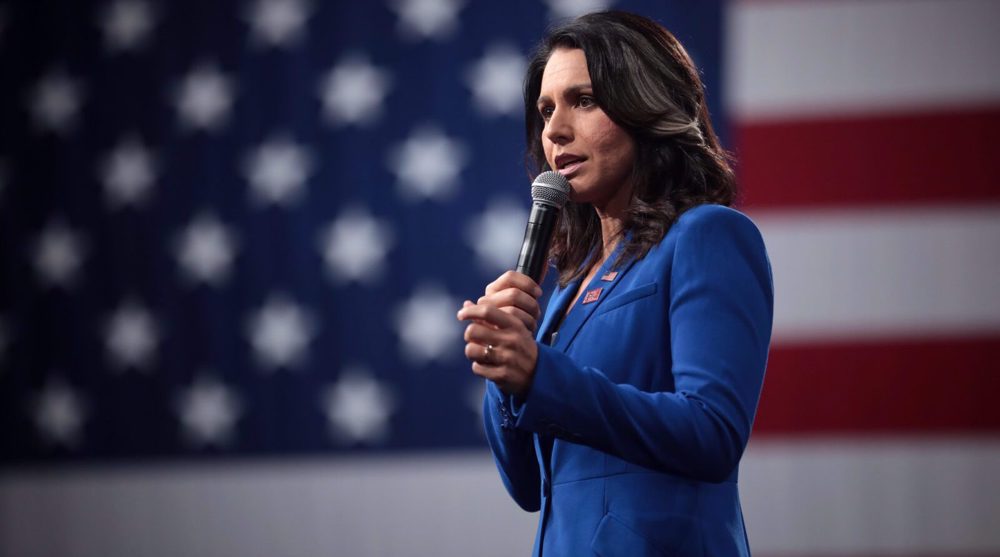
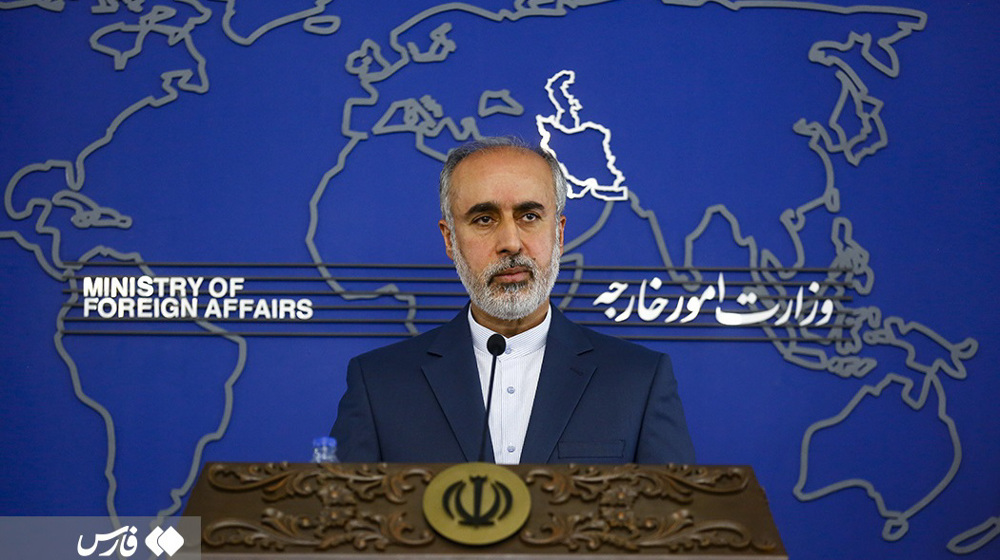
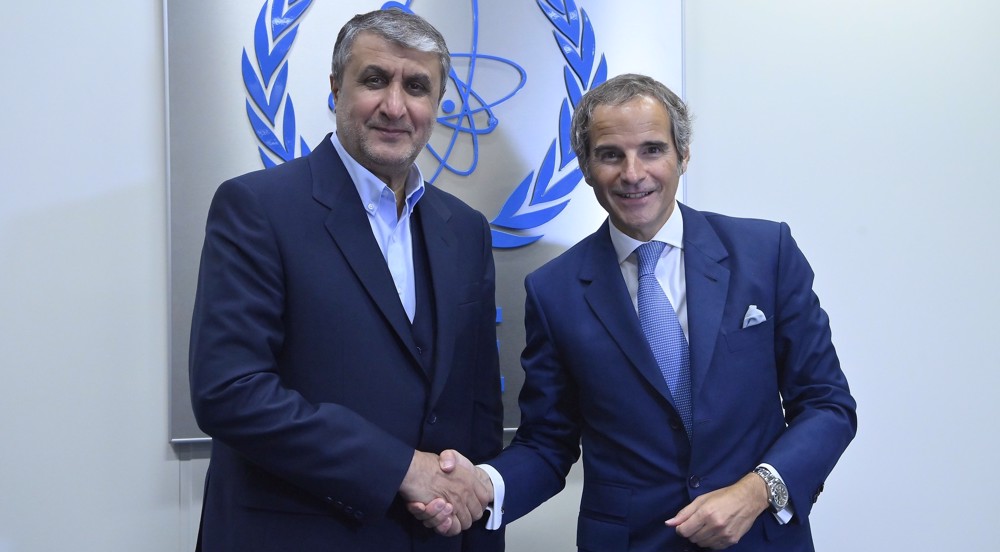
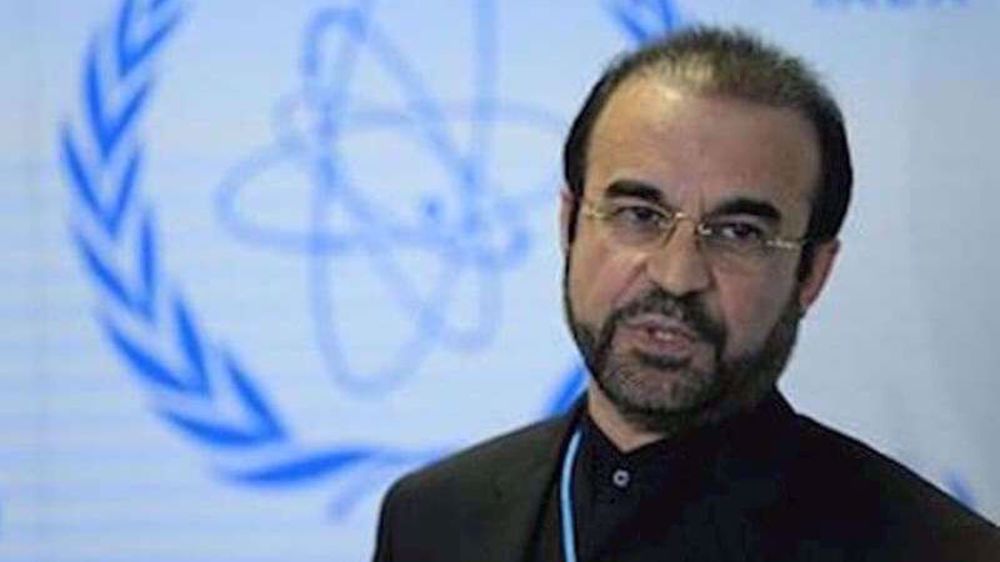

 This makes it easy to access the Press TV website
This makes it easy to access the Press TV website